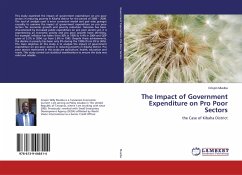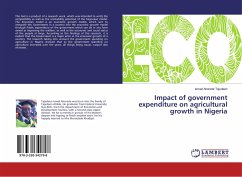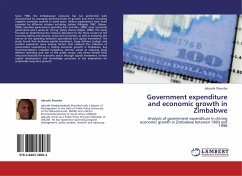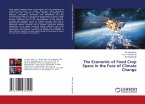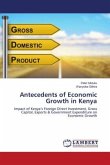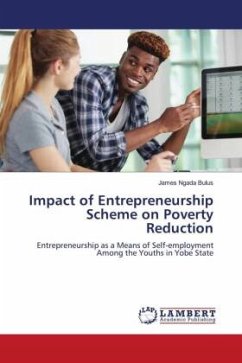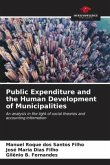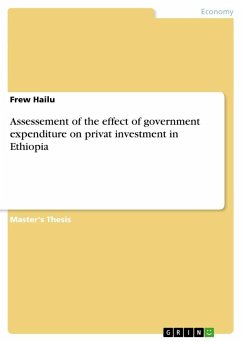This study examined the impact of government expenditure on pro poor sectors in reducing poverty in Kibaha district for the period of 2000 - 2009. The tool of analysis used is error correction model and pair wise granger causality to examine the impact of government expenditure on pro poor sectors for economic growth and poverty reduction. Tanzania has been characterized by increased public expenditure on pro poor sectors yet, it is experiencing an economic activity and pro poor growth been shrinking. For example, inflation has fallen from 30% in 1995 to 4.4% in 2004 and GDP grew at 5.2% in 2004, up from 2.6% in 1995. Despite these achievements, the decline in poverty has been only 3% during the 1990s (from 39 to 36%). The main objective of this study is to analysis the impact of government expenditure on pro-poor sectors in reducing poverty in Kibaha district. Pro poor sectors mentioned in this study are agriculture, health, education and roads. This study carried out statistical examinations to ensure the data was valid and reliable.
Bitte wählen Sie Ihr Anliegen aus.
Rechnungen
Retourenschein anfordern
Bestellstatus
Storno

